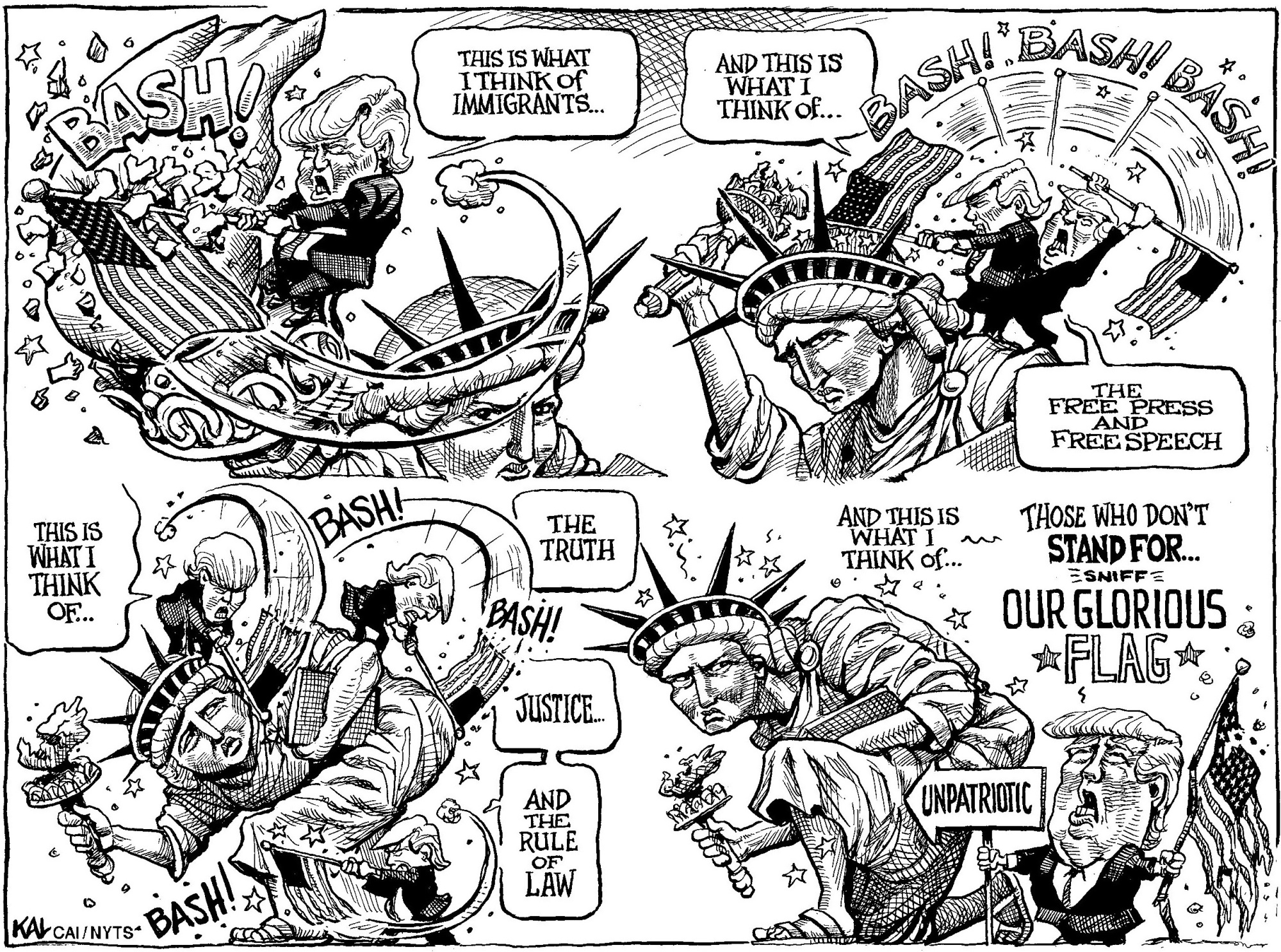In the last few years, for many people and their leaders, globalization has become a scourge to be purged in favor of greater protectionism and unilateralism. This represents a sharp departure from the recent past, when globalization was widely regarded as a positive force. What changed and why?
Key components of globalization include greater cross-border mobility of goods, labor and capital, each of which promises significant overall benefits for economies. Free trade enables countries to capitalize on their comparative advantages, boosting all participants' economic performance and prospects. Migration can inject diversity and dynamism into, say, an aging society, while helping to reduce poverty in source countries, such as through remittances. And foreign direct investment (FDI) can create employment, spur research and development, generate tax revenues and enhance competition.
The problem is that these benefits are not necessarily broadly shared. For example, migration can put wage pressure on lower-skill workers in destination countries. By enabling companies to move operations to lower-wage markets, the elimination of trade barriers can have a similar effect. Even cross-border investment has its downsides, as domestic players may struggle to compete with foreigners.



